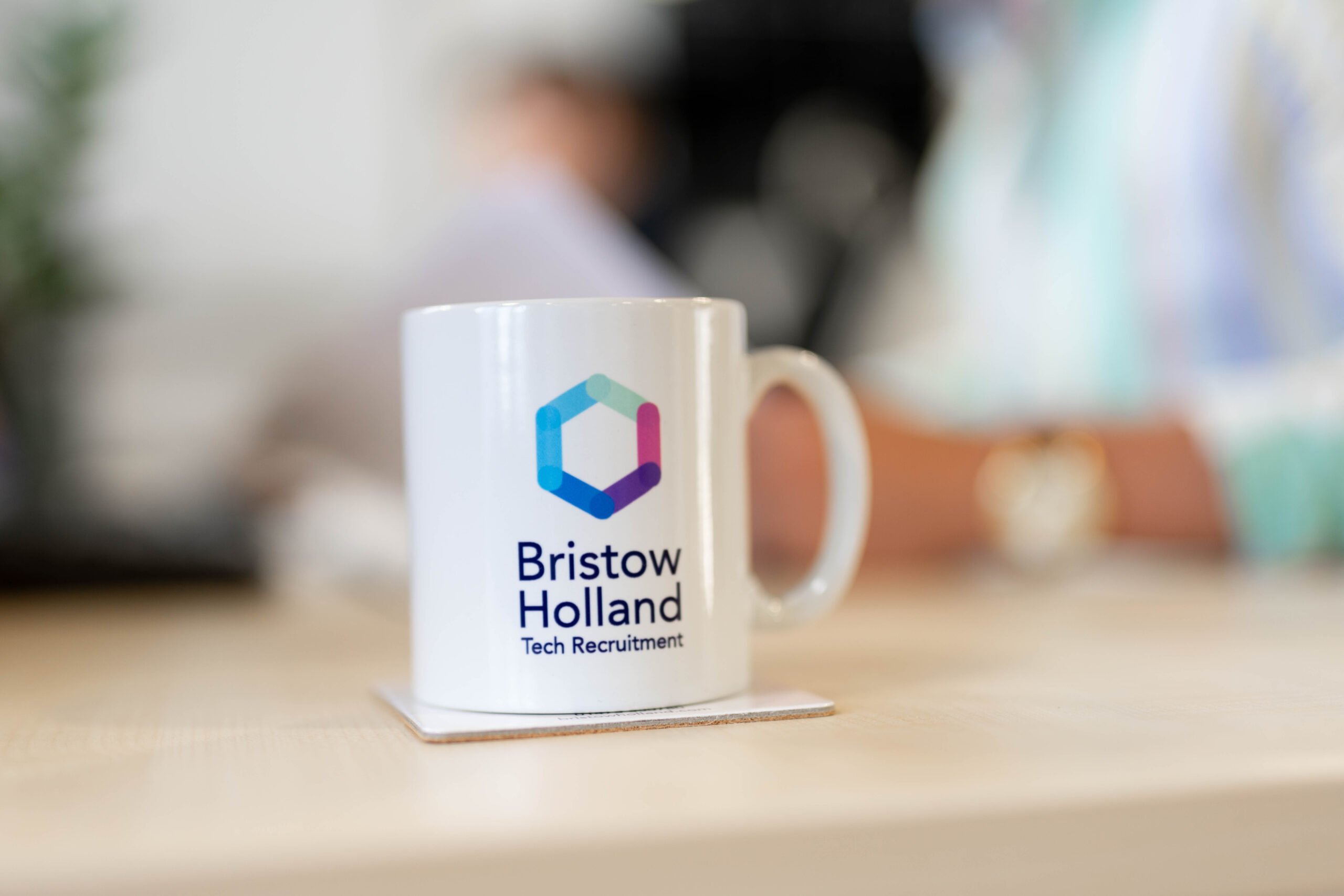It’s hard enough to hire tech talent – don’t sabotage it with your interview process
Long drawn out interview processes are going to lose you talent! Andy Bristow explains why you're at risk of losing...
Andy Bristow, leading East Anglian IT & tech recruiter, shares his candid thoughts on why candidate expectations of interviews have changed. In a bid to support employers in making sound and cost effective hires, Andy issues a stark warning to those hiring about the problems with their interview process.
Recruiting tech talent means turning around an application to an offer typically within a week to have a chance of fending off the competition, a drawn out multi-stage interview processes mark a company as indecisive, risk averse and even self-indulgent. Why? Because such processes carry the presumption that a candidate should be willing to invest significant time in securing a role but when they have 6 similar options to choose from why would they engage with an arduous interview process unless the prize was something truly exceptional?
An interview is a meeting between a seller and a buyer (but the roles are constantly shifting)
The idea that companies select their employees via a formal interview process is a comforting myth, candidates are the ones selecting their future employer. The challenge of the moment is attraction and retention which means coming up with suitably attractive roles, packages and working conditions then running a selection process that maximises the chances of securing the first choice candidate. At the same time candidates are looking to maximise both the value of their labour and select roles that fit best with their professional and personal preferences.
If you’ve been offered an interview, it’s really yours to lose
Think about the dynamic of an interview, hirers inviting people to interview are desperately hoping that this candidate is the one and they REALLY want to offer the job. Essentially, the process is as much about giving candidates the chance to talk themselves out of an offer. Nine times out of ten, and assuming your CV is a fair representation of your skills, being presentable and demonstrating good social and communication skills should be enough to land you that role.
Who’s really under the spotlight?
Many already understand the challenges but aren’t agile enough to adapt. Companies with hefty interview processes created at a time when candidates didn’t have the options they do now are struggling to hire, the very existence of time heavy selection processes is a signpost that a company is not only slow to respond to market challenges but lacks understanding and empathy with their would be employees – neither are precursors to successful hiring.
Candidates want to talk directly to the person they will be working for and to see this person has the confidence to assess them efficiently and has been empowered to make a quick decision, not meet 12 different stakeholders and have to pass tedious and prescriptive technical tests.
It’s worth thinking about why this sort of process comes about, normally it’s one of the following:
- The business hiring process or team aren’t well rehearsed in asking the right questions and determining the information they need in one go. Or;
- The business itself is process-centric, and is looking for individuals who share their love of process following, and at times overprocessing, to come on board.
Or is it just grandstanding? Forcing people to jump through hoops as a test of resolve, or a flex? Either way, candidates becoming embroiled in such processes question the value of them on their time and usually opt for employers who put more confidence in their demonstrable skills and performance.
Keep the dance short and sweet
I’m not suggesting that employers completely abandon interviews, there’s still an element of ‘the dance’ both to demonstrate commitment by the candidate and for giving people a sense of achievement that they have passed a selection process so by all means interview, but don’t spend forever on them, accept that risk is unavoidable and that sometimes hires won’t work out. Practical steps by employers such as refining and reassessing your interview process to make sure you’ve got as muich information as possible in advance, streamlining decision-making and only involving critical stakeholders at the right moment will go a long way, embarking on an often detrimental interview process that can delay hiring, demonstrate a lack of organisation and lack of confidence will send genuine talent running in the opposite direction.








